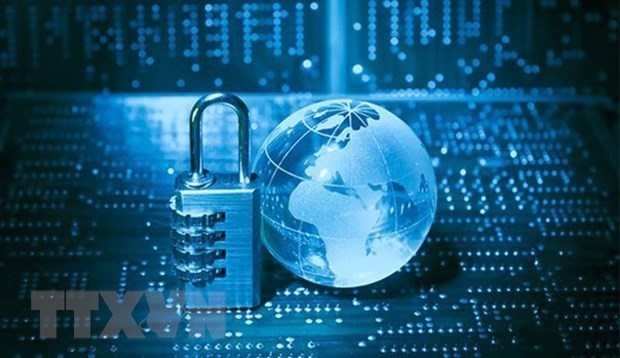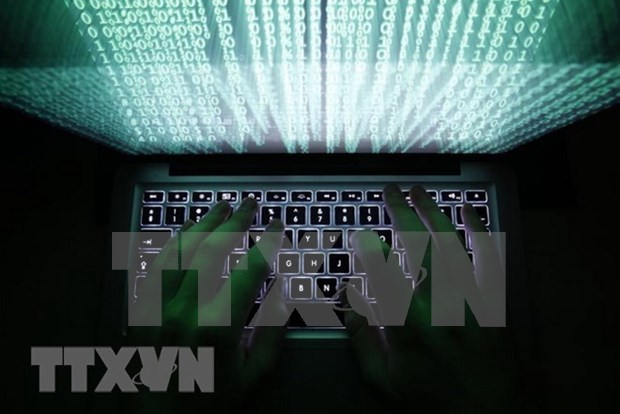[ad_1]
 Internet and social networks have been continuously abused by hostile forces to sabotage the Party, State and the revolutionary cause of Vietnamese people (Photo: VNA)
Internet and social networks have been continuously abused by hostile forces to sabotage the Party, State and the revolutionary cause of Vietnamese people (Photo: VNA)Hanoi (VNA) – Along with benefits, the booming social networks have brought many challenges in term of cyber security to Vietnam.
Social networks, with its advantage in fast and wide access to all people, is a good tool to popularise information, connect the Party, State and people. At the same time, the fast spreading of unverified information created by users has a great effect on people’s psychology.
Statistics from British organisation We Are Social showed that as of the beginning of 2021, 70 percent of Vietnamese population were using the Internet with average duration of six hours per day. Popular social networks in the country include Facebook, Zalo, Tiktok and Youtube.
According to Deputy Director and Deputy Editor-in-Chief of the “Su That” (Truth) National Political Publishing House Nguyen Hoai Anh, social network is an ideal environment and space for hostile forces and sabotage activists to conduct illegal acts that threaten national security such as spreading wrongful information to cause crowd effect for economic, political, military and diplomatic purposes; advocating opposite ideologies and extreme religious doctrines to cause political instability; and launching cyber attacks to steal information of state secrets.
Internet and social networks have been continuously abused by hostile forces to sabotage the Party, State and the revolutionary cause of Vietnamese people, he stressed.
The Cyber Security Authority under the Ministry of Public Security reported that in the past decade, hostile forces and bad elements have used 8,784 websites and blogs with foreign domain names, along with 381 websites and blogs with domestic domain names to popularise wrongful and toxic information.
Associate Prof. Dr. Senior Lieutenant General Nguyen Van Thanh, Vice Chairman of the Party Central Committee’s Theoretical Council, who is former Deputy Minister of Public Security, said that technology criminals have made use of cyberspace to attack and disrupt information technology infrastructure system and the operations of organisations, agencies and individuals. They have targeted operator systems of the roads, aviation transport, power and water supply and hi-tech agriculture, as well as airports, bus and train stations, ports, the treasury and banks, he said.
He underlined that security loopholes have posed an urgent task in ensuring information security on social networks in Vietnam.
The Party and State have consistently affirmed that cyber security is an indispensable part of the national security, including the inviolability of national sovereignty in cyberspace, ensuring that all of information and activities in the cyberspace are not harmful to the stability and sustainable development of the socialist regime and the State of Vietnam as well as national independence, sovereignty, unity and territorial integrity, and social safety and order in Vietnam./.
[ad_2]





